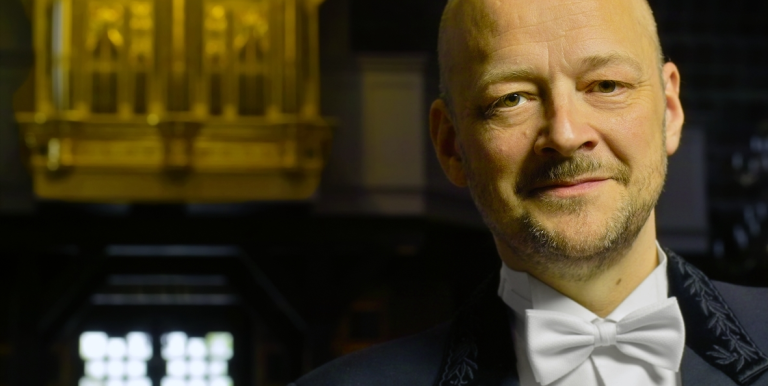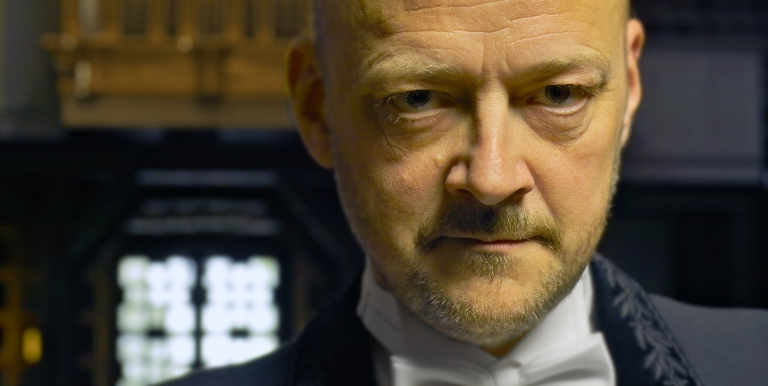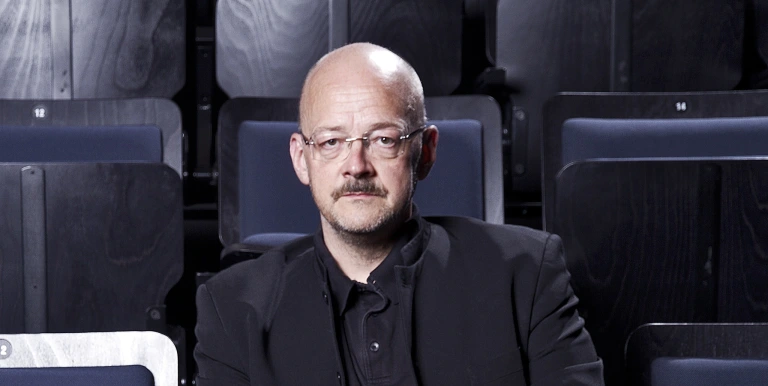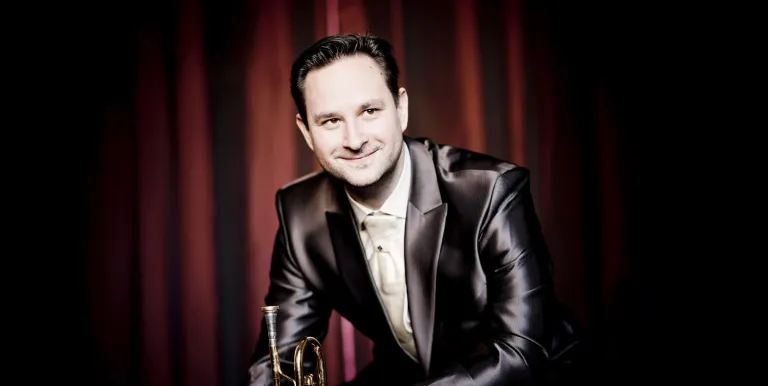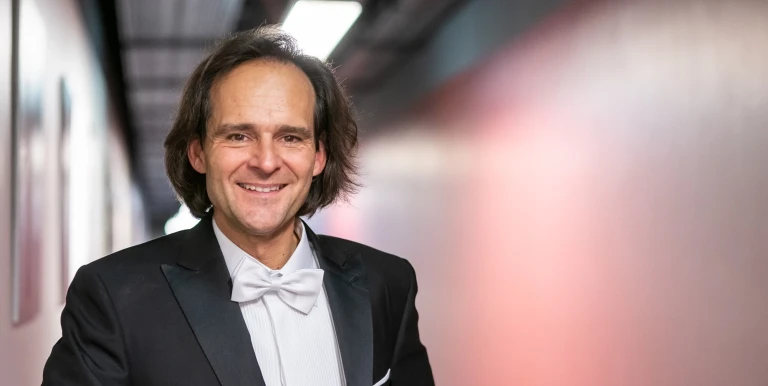Featuring:
Arvo Pärt
De profundis (Psalm 130)
Messiaen
Le Fils, Verbe et Lumière – from the cycle Méditations sur le mystère de la Sainte Trinité (1969)
Anonymus (17th–18th century)
Suite in the first tone from the Livre d’Orgue de Montréal
J. S. Bach
Four pieces from the Orgelbüchlein (Little Organ Book)
- Gelobet seist du, Jesu Christ, BWV 604
- Der Tag, der ist so freudenreich, BWV 605
- Vom Himmel hoch, da komm ich her, BWV 606
- In dulci jubilo, BWV 608
Tallis
O nata lux (O Light born of Light) – Motet for five voices
Stravinsky
Otche Nash (Pater Noster)
Stravinsky
Bogoroditse Devo (Hail Mary)
László Sáry
Sing unto the Lord – Psalm canon for six voices
Liszt
Gloria from the Szekszárd Mass
Reger
Weihnachten, op. 145, No. 3
Puer natus – introitus from the Gregorian tradition in Esztergom
Messiaen
Le Livre du Saint-Sacrement – Puer natus est nobis
Excerpts from Alfonso the Wise’s collection Cantigas de Santa Maria (Canticles of Holy Mary)
- Santa Maria, strela do Día (Holy Mary, Star of the Day...)
- Rosa das rosas (Rose of Roses...)
- Santa Maria amar (The Baby Rescue...)
J. S. Bach
Prelude and Fugue in C major, BWV 547
“In sweet rejoicing” – thus begins one of the most famous Christmas carols, with lyrics in German and Latin. Probably dating from some time in the 14th century, the work became popular across Europe in the 16th century, and numerous compositions have since adapted its melody. Internationally acclaimed Swedish organist and composer Hans-Ola Ericsson plays a selection of these, as well as related works on a Christmas or Advent theme. Born in 1958, Ericsson studied under noted 20th century contemporary composers Luigi Nono, Klaus Huber and Brian Ferneyhough, and has worked with such giants as John Cage, György Ligeti and Olivier Messiaen – recording the complete works for organ by the latter composer. Since 2000, he has been a member of the Royal Swedish Academy of Music, and a professor at McGill University in Canada, one of the world’s leading academic institutions, since 2011. He is an outstanding interpreter chiefly of the 20th century repertoire, and within this the music of Messiaen, but has also earned a considerable reputation as a restorer of historic organs. An expert on the Baroque period, he oversaw the restoration of the most important organ of the Swedish Baroque movement in Stockholm (Scandinavia as a whole being known as a genuine treasure trove of historic organs, with a vast tradition of organ music).
Also appearing this evening is the Saint Ephraim Male Choir. Formed in 2002, and frequently invited to Hungary since, the choir performs regularly in a wide variety of roles and styles.
Presented by: Palace of Arts
-
We wish to inform you that in the event that Müpa Budapest's underground garage and outdoor car park are operating at full capacity, it is advisable to plan for increased waiting times when you arrive. In order to avoid this, we recommend that you depart for our events in time, so that you you can find the ideal parking spot quickly and smoothly and arrive for our performance in comfort. The Müpa Budapest underground garage gates will be operated by an automatic number plate recognition system. Parking is free of charge for visitors with tickets to any of our paid performances on that given day. The detailed parking policy of Müpa Budapest is available here.

